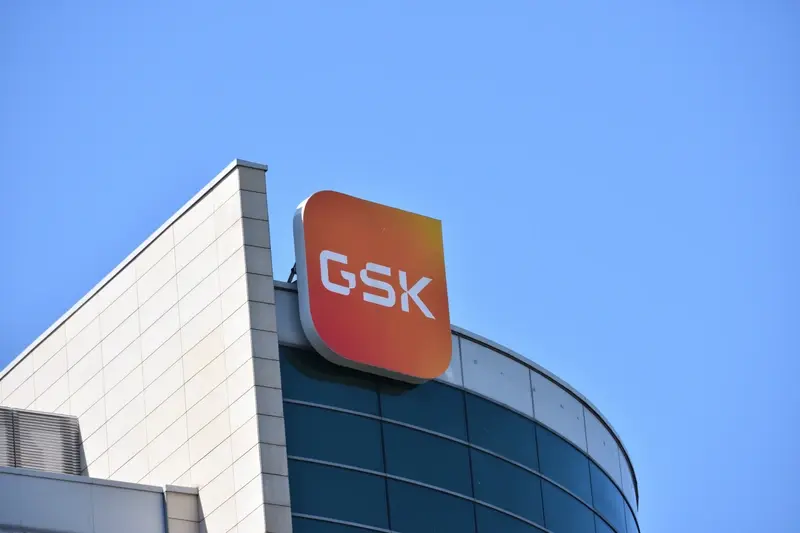
- Blood cancer drug receives positive headline results
- Multiple myeloma is third biggest blood cancer globally
- Trials stopped early than scheduled
Pharmaceutical company GSK’s (GSK) blood cancer drug Blenrep got a reprieve on Monday after a late-stage trial showed it ‘significantly’ extended the time to disease progression or death compared with the current standard of care.
In September the European Union drug regulator had recommended against renewing conditional marketing authorisation for Blenrep.
Last year the US regulator requested the treatment be taken off the market after it failed to show improvement versus the existing standard of care.
GSK shares ticked up 0.25% to £14.26 on the positive news, taking 2023 losses to 2% compared with a 1% loss for the FTSE 100.
TRIAL STOPPED EARLY
Blenrep is an antibody drug used to treat patients suffering from multiple myeloma which is the third most common blood cancer globally and considered treatable but incurable.
It belongs to a class of drugs called antibody-drug conjugates which are designed to bind to targeted tumour cells before releasing cell-killing chemicals.
The drug was being evaluated as a second line treatment for hard-to-treat patient groups in combination with two existing treatments, bortezomib and dexamethasone.
Significantly, the trial was stopped earlier than scheduled to report the results. The decision was based on a recommendation from the Independent Safety Monitoring Committee whose purpose is to ensure the safety and accuracy of clinical trials.
GSK’s head of oncology Hesham Abdullah said: ‘We are particularly encouraged by the potential for belantamab mafodotin when combined with BorDex to address high unmet need in relapsed/refractory multiple myeloma, given the head-to-head comparison with the daratumumab-based standard of care regimen.
‘Patients with multiple myeloma need treatment options after first relapse that are efficacious, readily accessible and have novel mechanisms of action.’
Blenrep generated sales of £118 million in 2022, up 33% on the prior year and was the second largest contributor to GSK’s cancer franchise.
LEARN MORE ABOUT GSK




